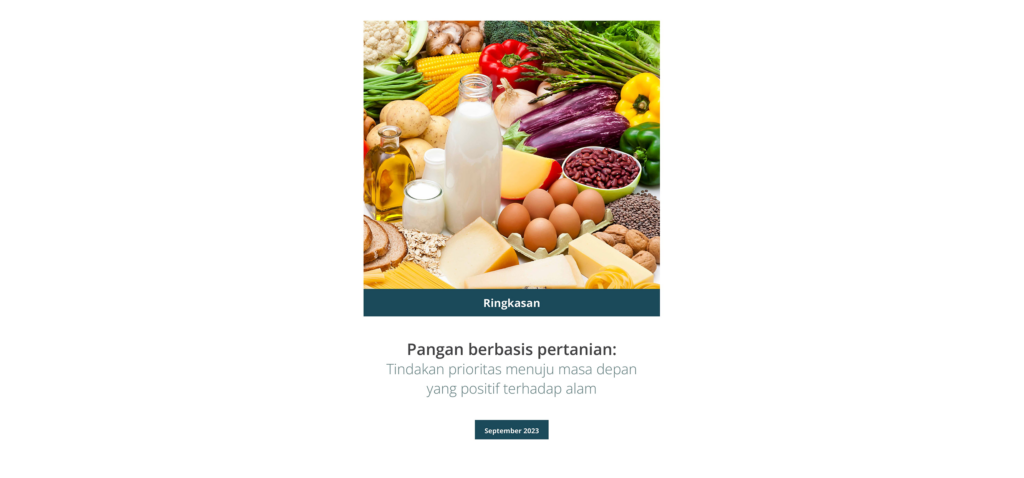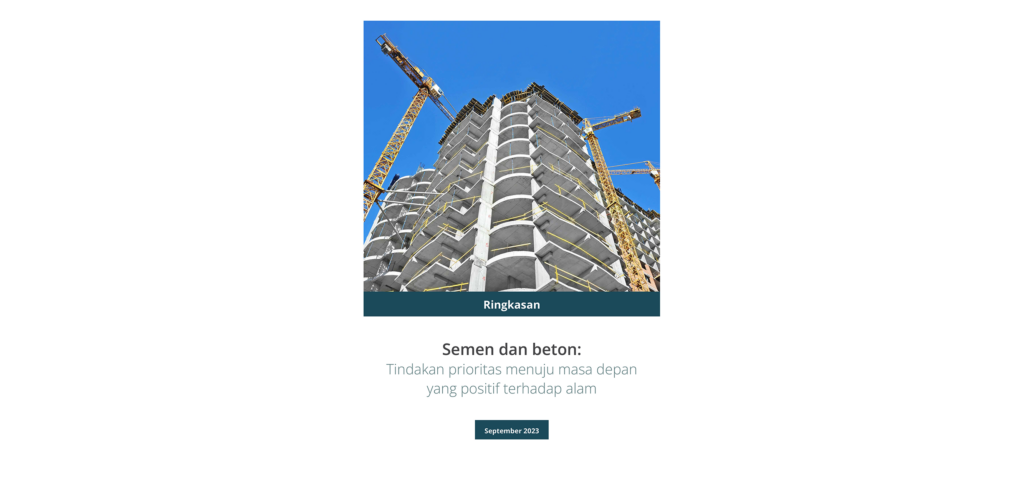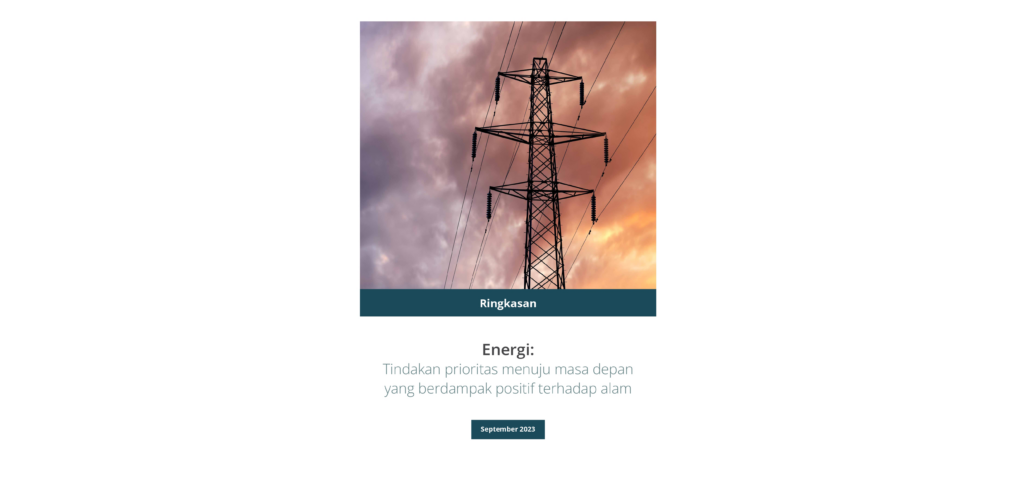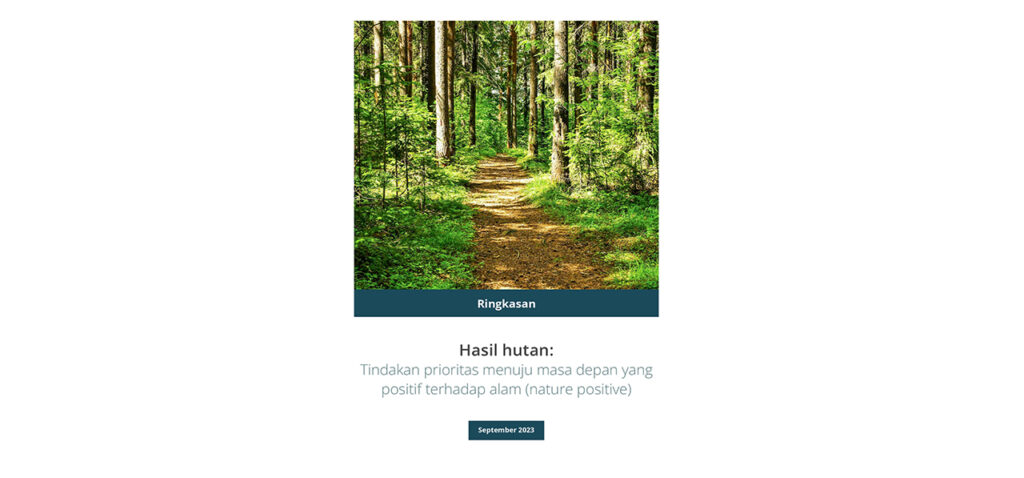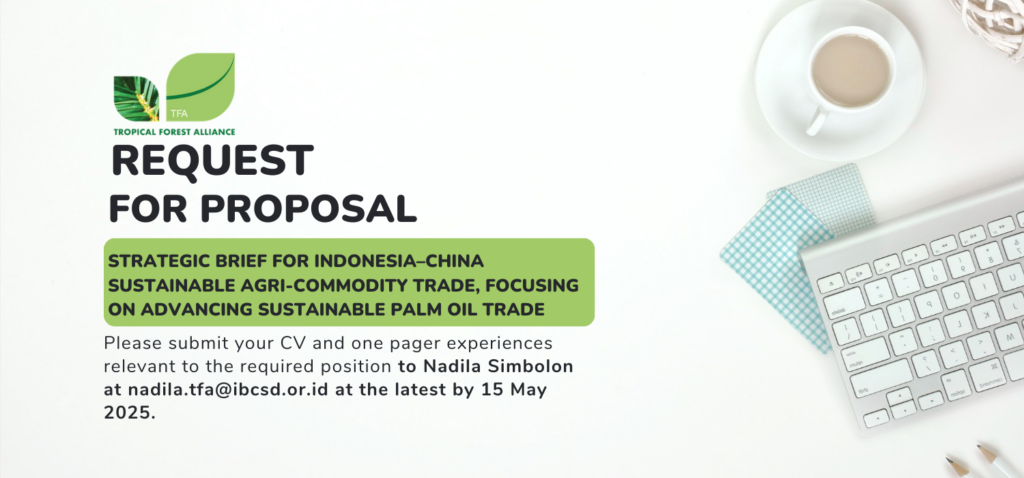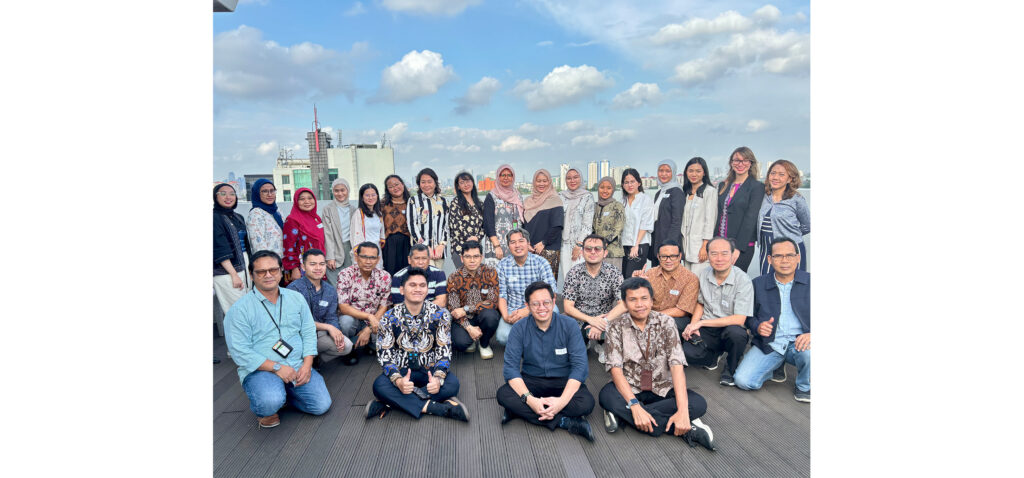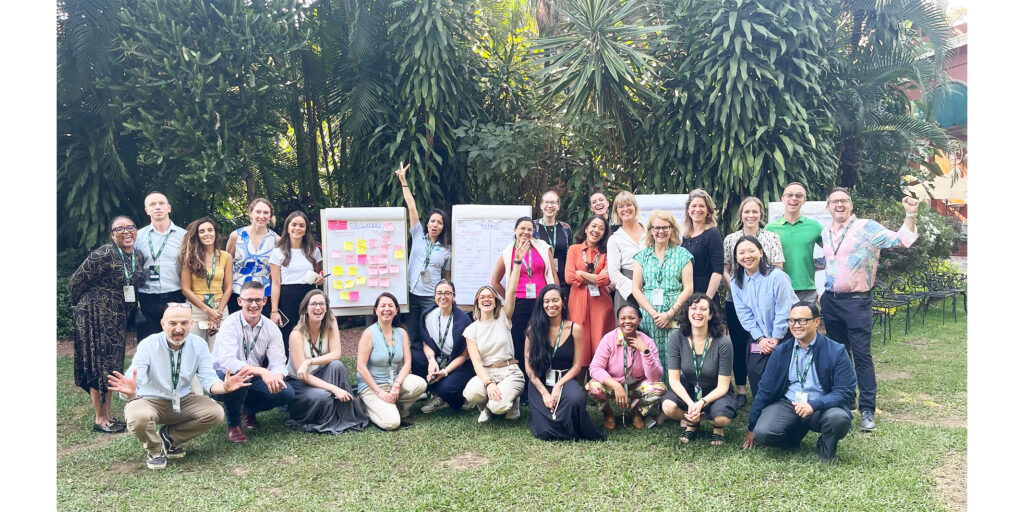Workshop ini mencakup berbagai sesi diskusi dan latihan praktik, termasuk pengenalan konsep Target-Ukur-Aksi dan pemaparan bagaimana perusahaan dapat menerapkan pendekatan Target-Ukur-Aksi secara efektif. Peserta juga diarahkan langkah-langkah untuk mengumpulkan, mengisi Data Capture Sheet, serta menganalisis data yang dikumpulkan. Tidak hanya itu, peserta juga diajak berpartisipasi aktif untuk menyusun aksi dan strategi konkret dalam mengurangi SSP dalam operasi bisnis masing-masing, rantai pasok dan konsumen.
Para peserta yang hadir juga menyampaikan sejumlah tantangan yang dihadapi dalam mengukur SSP di perusahaan masing-masing. Namun, para peserta mengapresiasi adanya pendekatan ini sebagai solusi yang lebih terstruktur. Salah satu peserta yang hadir, Deni Hamdani, Chef Grand Hyatt Jakarta, mengatakan “Acara ini bagus dan membantu menjelaskan kepada kita terkait cara pengumpulan data makanan sisa. Di Grand Hyatt, kami telah melakukan pengukuran data sehingga bisa mengevaluasi dan menyusun aksi yang lebih baik untuk mengurangi jumlah makanan sisa,” ujar Deni. Menurut Deni, upaya penghitungan sisa makanan membantu untuk mengenali titik kritis dimana makanan berpotensi terbuang. Selain itu, ada keuntungan secara ekonomi yang didapatkan dari melakukan penghitungan. “Penghitungan makanan sisa ini juga membantu kita melakukan penghematan karena berhasil melakukan perencanaan yang lebih efisien dan menurunkan jumlah makanan terbuang,” lanjutnya.
Dalam sambutan penutupnya, Nita Yulianis, SP, M.Si, Direktur Kewaspadaan Pangan dan Gizi, Badan Pangan Nasional, menyampaikan apresiasi atas inisiatif ini, serta terhadap upaya yang dilakukan oleh masing-masing sektor bisnis. “Pemerintah sangat mendukung upaya kolaboratif yang dilakukan sektor bisnis melalui GRASP 2030 untuk mencapai target pengurangan SSP secara nasional,” ujarnya. “Strategi data-driven decision menjadi ranah yang penting untuk dilakukan, tidak hanya sektor pemerintah, tetapi juga seluruh mitra kerja termasuk bisnis. Upaya yang dilakukan GRASP 2030 dapat disinkronkan dengan upaya pemerintah, khususnya terkait pelaporan pangan terselamatkan,” lanjut Nita.
Workshop ini menjadi langkah konkret dalam mewujudkan visi GRASP 2030 untuk mengurangi angka susut dan sisa pangan di Indonesia. Dengan adanya pengukuran yang lebih sistematis dan aksi nyata dari sektor bisnis, diharapkan upaya ini dapat berkontribusi pada ketahanan pangan, pengurangan emisi, serta efisiensi rantai pasok pangan secara berkelanjutan.
GRASP 2030 merupakan platform kolaborasi melalui skema perjanjian sukarela (voluntary agreement) yang diinisiasi oleh IBCSD. Model perjanjian sukarela ini sudah diterapkan di berbagai negara dan terbukti berhasil menurunkan susut dan sisa pangan di negara masing-masing. Salah satu contohnya, di Inggris, perjanjian sukarela Courtauld 2025 telah berhasil mencegah 1,7 juta ton makanan terbuang antara tahun 2010 dan 2012, mengurangi emisi karbon sebesar 5 juta ton dan menghasilkan penghematan lebih dari £3 miliar (setara Rp 60 triliun).
Platform ini melibatkan berbagai pemangku kepentingan, termasuk sektor bisnis, pemerintah, organisasi masyarakat sipil, bank pangan, dan akademisi dalam upaya bersama mengatasi SSP di Indonesia. Misi GRASP 2030 adalah mengurangi SSP di sepanjang rantai pasok pangan melalui pendekatan berbasis data dan aksi nyata, mendorong kolaborasi antar sektor untuk berbagi pengetahuan serta praktik terbaik, dan mendukung kebijakan serta regulasi untuk mempercepat transisi menuju sistem pangan yang lebih berkelanjutan.
